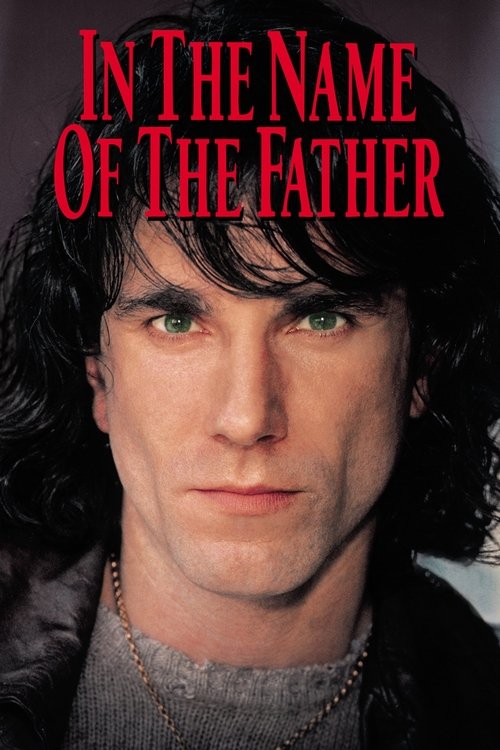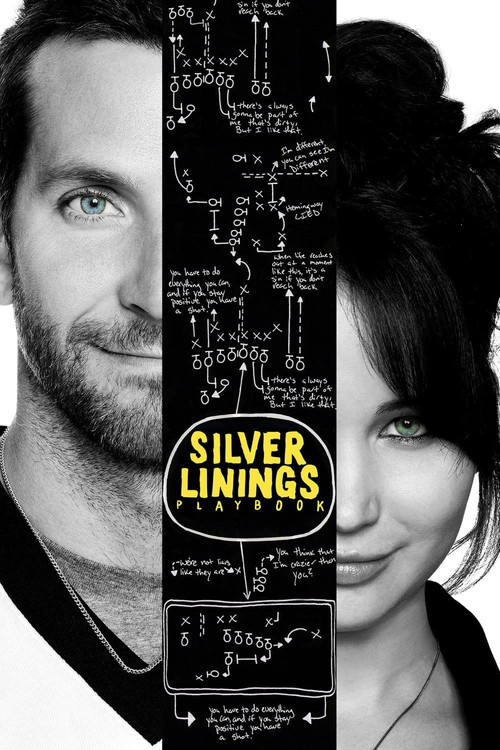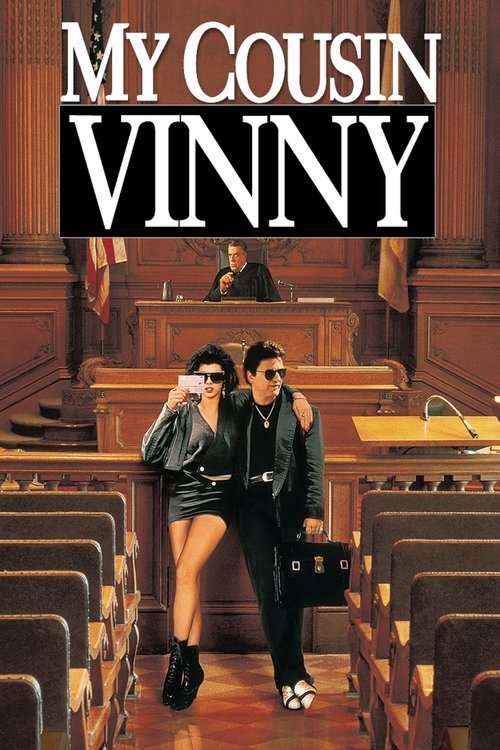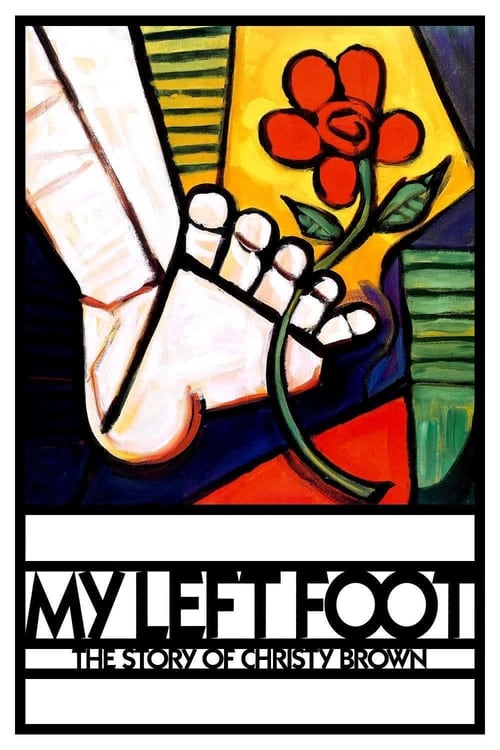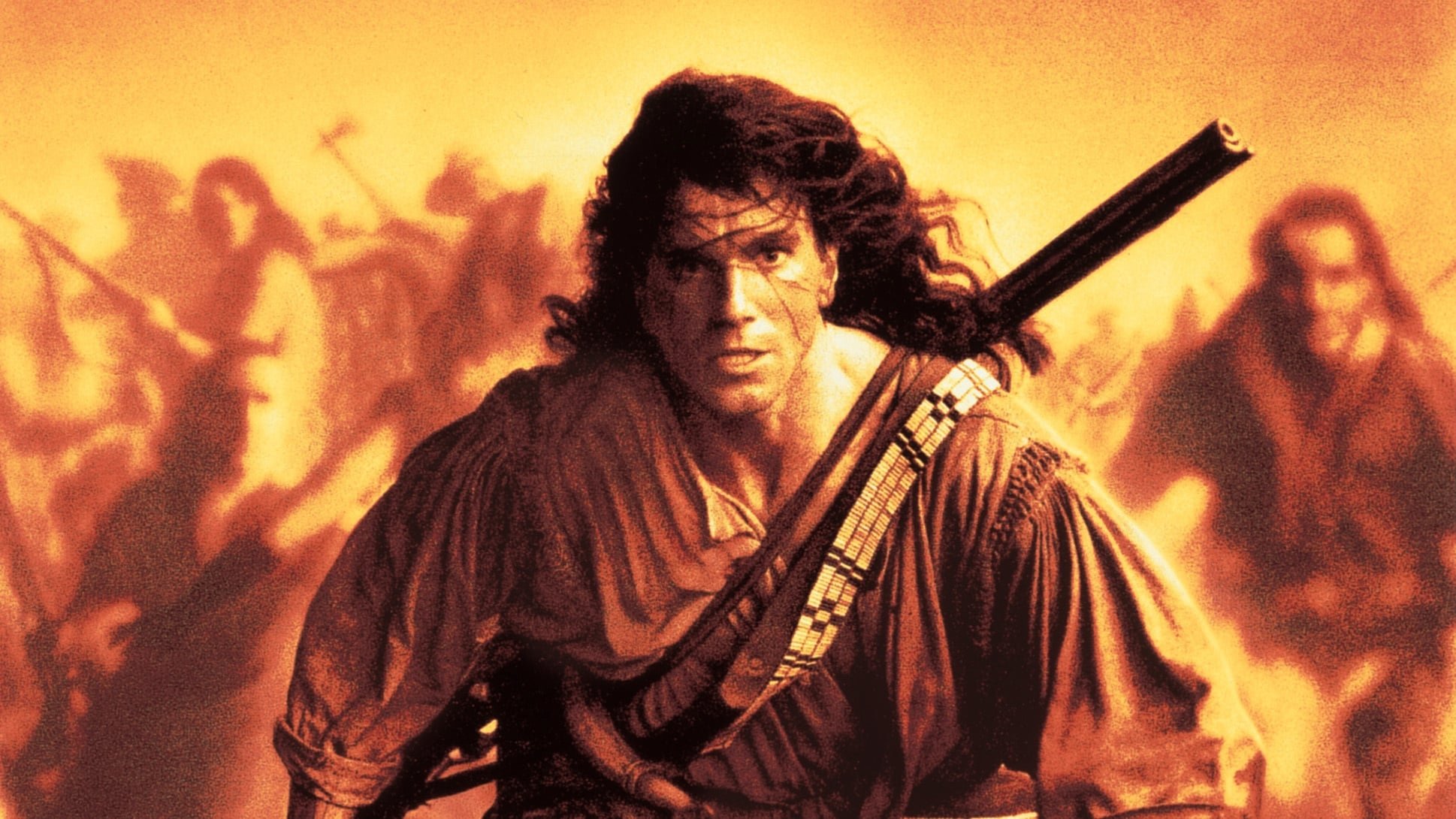
1992
The Last of the Mohicans
Action, History, Romance, War
8.0
User Score
3347 Votes
Status
Released
Language
en
Budget
$40.000.000
Production
Morgan Creek Entertainment
Overview
In war-torn colonial America, in the midst of a bloody battle between British, the French and Native American allies, the aristocratic daughter of a British Colonel and her party are captured by a group of Huron warriors. Fortunately, a group of three Mohican trappers comes to their rescue.
Review

John Chard
9.0
Death and honour are thought to be the same, but today I have learned that sometimes they are not.
The Last of the Mohicans is directed by Michael Mann who also co-adapts the screenplay with Christopher Crowe from James Fenimore Cooper's novel of the same name. It stars Daniel Day-Lewis, Madeleine Stowe, Russell Means, Eric Schweig, Jodhi May, Steven Waddington and Wes Studi. Music is scored by Trevor Jones and Randy Edelman and cinematography by Dante Spinotti.
1757 during the French and Indian War, Hawkeye (Lewis), a white man who was adopted by the Mohicans, finds himself on a perilous journey to escort a couple of British sisters to their father's fort. This journey brings him, and his companions, into conflict with Magua (Studi), a sadistic Huron warrior seeking revenge on the girls' father.
Inspired by the Randolph Scott film of the same name made in 1936, Michael Mann gives his all to create a stirring classical epic fit to sit in the company of the historical greats of old. Visually it's a treat of some magnitude, where aided by Spinotti, Mann frames his characters in the glorious vistas provided by the North Carolinas. For those with a bent for historical narratives, Mann's film also is not found wanting, in fact it's a cerebral delight. There's romantic strands that sit right in the colourful quilt, action expertly staged and handled by the talented director and the cast, led by a superbly athletic and serious Day-Lewis, are impressive and doing justice to the requisite characters written on the page, and the musical score enhances mood with swirling beauty coupling with primitive potency that wraps itself snugly around the story.
Mann gets all the key ingredients right, but it's his ability to balance the human drama with the energised action that is most impressive. The film is also thankfully devoid of boorish filler, this is a troubled time in history, with much political activity and complex racial manoeuvres, but Mann doesn't need to fill the screen with political posturing and drawn out speeches. We know all we need to know about the period in question, but the story is kept intimate, the focus on a small group of people, of whose fate we most assuredly have interest in. While on the edges of the frame we know we are witnessing the death of an era, for better or worse on different sides of the coin. Also pays to note that Mann's well known penchant for the meticulous is evident as well, for he details the native characters with considerable care.
It's not flawless, accents fluctuate, the odd fake look slips into the production design and the director does what many American directors do, they come dangerously close to caricaturing their British officers, but this is still great heroic escapism tinged with romanticism. Something for everyone who loves classical cinema in fact. 9/10
Read More 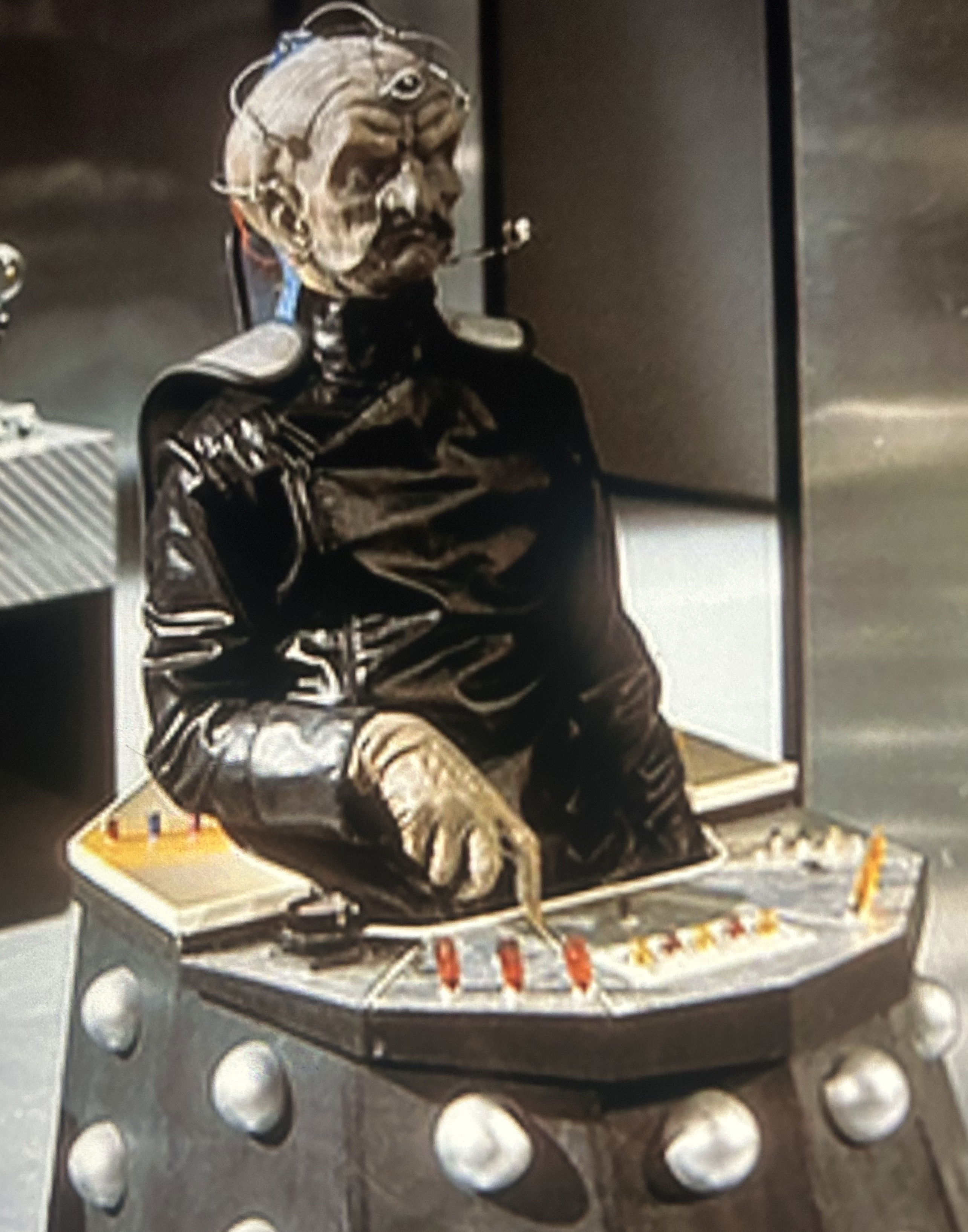
Geronimo1967
7.0
It might seem a bit petty, but as a Scot watching a film about a Canadian conflict in which half the characters - "Munro", "Campbell", "Cameron" et al are all Scottish, I found the constant interchangeability in the script between English and British really quite irritating. They are not synonymous terms - is it just lazy writing? Anyway, the rest of this is a great looking adaptation of a solid boy's-own story that tells of the war in North America between the French and the British. The former under the command of "Montcalm" (Patrice Chéreau) are laying siege to the fort held by the latter under the command of "Munro" (Maurice Roëves). To add to the woes of the besieged, his two daughters are being escorted to what he hopes will be safety with him, when they are the victims of betrayal at the hands of the duplicitous "Magua" (Wes Studi) and are only saved by the timely intervention of "Hawkeye" (Daniel Day-Lewis), his father "Chingachgook" (Russell Means) and brother "Uncas" (Eric Schweig). "Hawkeye" - indeed the whole colonial farming community - is viewed with mistrust by the military and when it becomes clear that the elder sibling "Cora" (Madeleine Stowe) is beginning to take a shine to our hero, they also incur the enmity of the conniving "Maj. Heyward" (Steven Waddington). It's a story of romance, certainly, but that's kept very much under control as the warring and scheming takes front and centre making sure the adventure keeps moving along apace. DDL is on good form here, nimbly skirmishing in the forest and proving extremely adept at reloading a musket in ten seconds flat! Waddington never was a very convincing actor, but he's adequate here as our story concludes with violence, sacrifice, honour, vengeance and a sense of the futility of war. Some of the siege photography and the more general cinematography is wonderful at creating some of the claustrophobic aspects of this hitherto densely forested, virgin and perilous, territory and even though they were always at war with each other, it also highlights just how little the indigenous population actually needed our presence on their continent. Big screen if you can - it's well worth the price of the ticket.
Read More 
